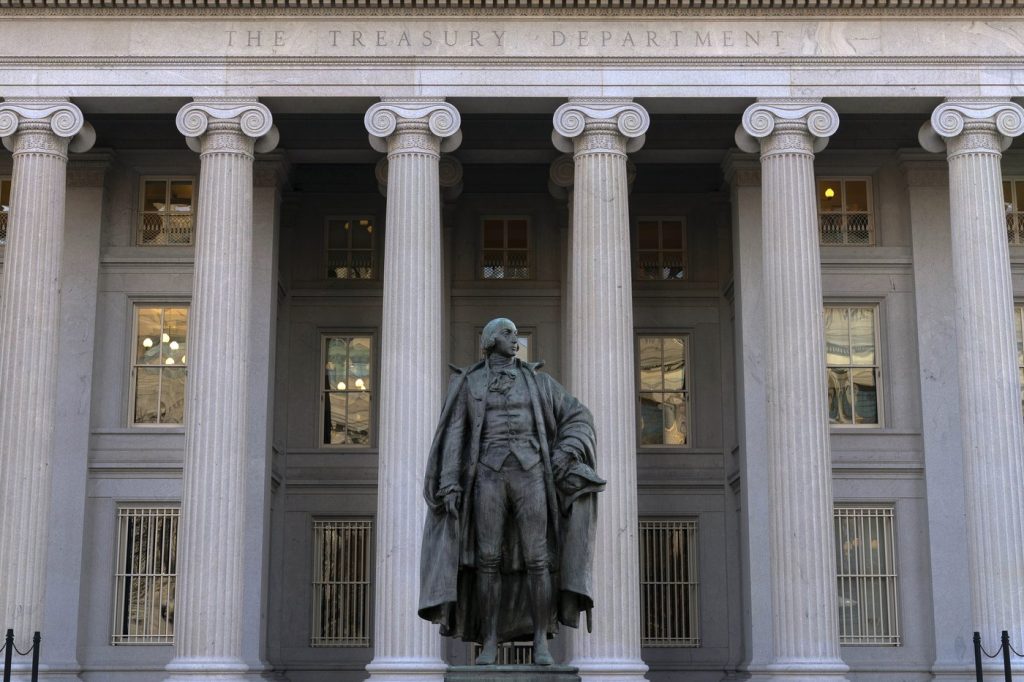On Monday, the United States announced the imposition of sanctions against more than 30 individuals and oil tankers involved in the financing of Iran and its support for militant organizations that conduct attacks against the U.S. and its allies. This decision reflects ongoing tensions surrounding Iran's activities, particularly its oil sales, which contribute to its controversial military undertakings.
The sanctions were executed by the U.S. Treasury and State Departments, targeting key figures within Iran’s National Iranian Oil Company and the Iranian Oil Terminals Company. These entities play critical roles in the sale and transportation of Iranian oil, which has been valued in the hundreds of millions of dollars. This move follows ongoing efforts by the U.S. to exert economic pressure on Iran as part of a broader strategy to curb its oil exports and prevent funding for activities deemed destabilizing.
This latest round of sanctions marks the second set imposed since President Donald Trump signed the National Security Presidential Memorandum 2, which aims to reduce Iran's oil exports to zero. In this memorandum, the U.S. formally expressed its intent to ensure that Iran does not acquire or develop nuclear weapons, underscoring the geopolitical stakes tied to the country’s energy revenues and military actions.
During the memorandum's signing, President Trump expressed a hope that the situation could be navigated without escalating tensions further, stating, “We will see whether or not we can arrange or work out a deal with Iran.” He reiterated the U.S. position of not wanting to be overly aggressive towards Iran, yet emphasized that a nuclear-equipped Iran was unacceptable.
Moreover, Trump made a striking comment regarding his personal safety, instructing his advisers to take decisive action against Iran if they were to orchestrate an assassination attempt on him, highlighting the personal stakes involved in U.S.-Iran relations. This rhetoric, coupled with the renewed sanctions, illustrates the administration's hardline stance against Iranian actions perceived as direct threats to U.S. interests.
Treasury Secretary Scott Bessent reinforced this approach by asserting that the U.S. would leverage all available tools to disrupt Iran's oil supply chain. He underlined the significant sanctions risk for any parties engaging in transactions involving Iranian oil. Bessent’s statements during his confirmation hearing criticized the Biden administration's existing sanctions framework, advocating for a more robust and aggressive approach to dealing with Iranian and Russian entities involved in oil and related activities.
According to a report from the U.S. Energy Information Administration, Iran generated an estimated $253 billion in oil revenues during the presidencies of Joe Biden and Donald Trump from 2018 to 2024, emphasizing the scale of the financial stakes involved.
In a statement, State Department spokeswoman Tammy Bruce made clear that as long as Iran continues to allocate its energy revenues for violence against allies, terrorism, or other destabilizing activities, the U.S. would remain committed to holding the Iranian regime accountable through sustained sanctions and economic pressure.
These developments occur against a backdrop of heightened tensions and complex geopolitical dynamics in the Middle East, as the U.S. grapples with the implications of Iranian oil sales on global stability and security.










